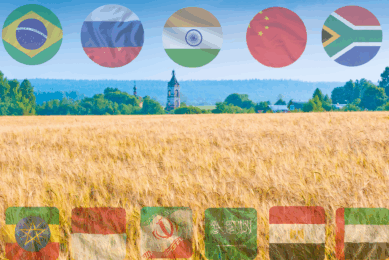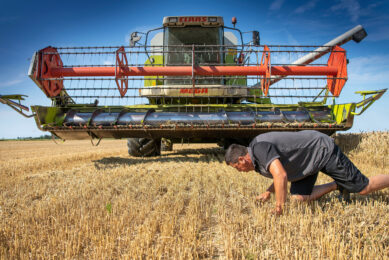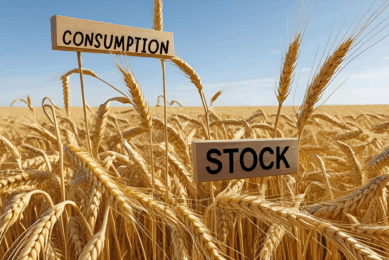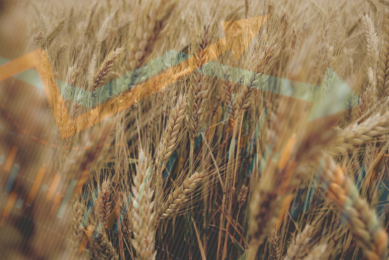Russian feedstuff supplies feel the sting of the new European sanctions
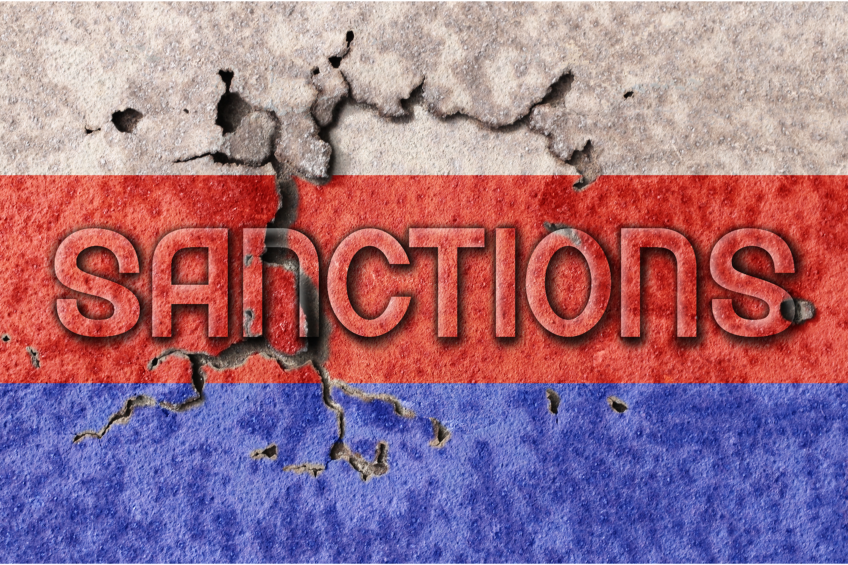
Prohibitive tariffs imposed by the European Council against the Russian and Belarussian grain products are likely to have an impact on market players on both sides.
Since the beginning of the 2023/2024 agricultural season, Russia exported 800,000 tons of sunflower, rapeseed, and soybean meal to the European Union, compared with 1 million tons in the previous season, OleScope, a Moscow-based consultancy, estimated.
EU adopts regulation on grain tariffs
This import, however, is due to halt. On May 30, the European Council adopted a regulation that aimed to levy prohibitive tariffs on grain products imported from Russia and Belarus. The regulation increases duties on cereals, oilseeds, and derived products from Russia and Belarus to a point that will, in practice, halt imports of these products.
Russia looks for alternative markets
Russia will eventually find alternative markets to Europe, Mikhail Maltsev, executive director of the Russian Oil and Grain Union, told the local press. He admitted that the protective duties scheduled to come into force on July 1 will bar the way for Russian products to the European market.
He added that Europe would also have to look for suppliers to replace the vegetable meal it previously sourced in Russia and Belarus, assuming that the gap could be plunged by Ukrainian firms.
Modifying trade flows
The restriction ultimately will lead to the redistribution of the trade flows in the Black Sea region, he claimed.
As a result of these changes, Maltsev predicted a strategic shift in trade flows in the Black Sea region. He stated, “This means that Russian products will step in to replace [Ukrainian goods] in those markets where the presence of Ukrainian meal will decrease.”
Russia used to be the leading supplier of rapeseed meal to Europe, accounting for 60% of deliveries. The country was also the second largest supplier of sunflower meal, with a 25% stake in European imports.
OleoScope analysts believe Russia can try to redirect supplies to countries of the CIS region, China, Turkey, Bangladesh, Egypt, and the UAE.
Future of beet pulp
Another segment to be affected by the European restrictions is beet pulp production. In previous years, Russia exported roughly 80% of the entire beet pulp to Europe, Evgeny Ivanov, a leading expert with the Russian Institute of Agricultural Market Studies, told local publication Agroinvestor.
There is a lack of alternatives to selling beet pulp both on the Russian market and abroad, meaning that the future of this quantity is vague. Ivanov forecasted that beet pulp prices on the Russian market would drop unless a “miracle happens” and alternative export markets are discovered.




